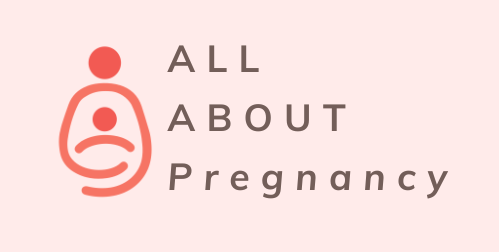Planning A Pregnancy – When is the Perfect Time?
Posted on 23rd October 2018 at 07:25
Let’s start with the facts about the pregnancies today.
• In 2017, there were almost 680,000 live births in England and Wales, a fall of 2.5% from 2016 values.
• The average age of mothers has risen from 26 years old and is now 30 years old.
• Over their reproductive years, women are having fewer children.
• In 2017, fertility rates fell for every age group except for women aged 40 years and over, where the rate increased.
• 1 in 7 couples have difficulties when trying to conceive.
So lots of babies are being born and women are tending to have children when they are older. Certainly more women choose to delay starting families due to their careers and this may be a factor. The traditional definition of a family has changed, and all families are now unique. Since it is normally a good idea to prepare for important life changes, this is useful information when contemplating a pregnancy. It certainly keeps things in perspective and focuses one’s mind on realistic expectations.
Honestly, there is no such thing as a perfect time. It is a decision for the couple to make. They alone know how that bundle of joy will fit into their family life and careers. However, planning is useful and does have benefits.

Benefits of Planning Pregnancy

When you plan your pregnancy, you will make things much easier as you will know what the important steps are and you can prepare for them so that you are not caught unawares.
Many couples will discuss their wishes to become pregnant with a doctor, but others may discuss with family members and friends.
If you have been taking hormonal contraceptive pills, it may be useful to have period of around one to three months after stopping the pill so that your cycles can self-regulate and become regular again. The release of the egg or ovulation can sometimes be delayed. However, you can become pregnant straight away after you have stopped hormonal contraception and there is no safe period.
Many couples track the fertіle period or the ovulation period and make love during that period to increase their chances of getting pregnant. If you have tried unsuccessfully for more than a year, it may be useful to discuss this with a doctor and you may be asked to take a fertility test.
Planning a pregnancy can give you enough time to get health insurance cover or get adequate medical care in place that supports the kind of care and support that you require.
There are certain unavoidable costs associated with pregnancy and planning for rising expenses such as prams and cots will be useful. You may start saving money to see you through the maternity leave period if you’re a working mum or dad.
Here are our ten top things to do when you are preparing to try for a baby:
1. Being in a good state of mind. Relax. Yes. Relax. When the body and mind are at tune things just fit into place.
2. Maintaining a healthy lifestyle and nutrition is essential. When planning a pregnancy, it is generally accepted that women should strive to be fit and healthy one to three months before she conceives. Keeping a healthy weight or body mass index. Keeping well hydrated. Limit alcohol.
3. Stop hormonal contraption
4. Avoiding alcohol is best. Drinking alcohol is associated with an increased risk of miscarriage and fetal alcohol syndrome.

5. Avoiding exposure to substances or medications that may be harmful to yourself or the fetus chemicals, heavy mеtаlѕ, radiation, раіnt fumes, аnd реѕtісіdеѕ.
6. Taking 400 microgram (mcg) of folic acid supplements for at least 3 months before starting to try. Folic acid is good for preventing birth defects of the fetal spine (such as spina bifida, where the fetal spine has not closed properly and the nervous system is exposed).
7. Stop smoking. Smoking affects the wellbeing of the placenta and smoking can cause fetal growth restriction (small baby) and poor outcomes
8. If you have a pre-existing medical condition, this should be optimised and well controlled. You should see your medical doctor to discuss pregnancy. For example, a woman with epilepsy should discuss becoming pregnant with her neurologist because her medications may be altered and she may need a higher dose of folic acid
9. If you have diabetes, it is important that the blood glucose at the time on conception is good within normal levels because when glucose control is poor this may be associated with birth defects.
10. If you have had a previous pregnancy complication, it may also be a good idea to see a doctor before to plan extra monitoring that may be needed in a future pregnancy.
It can be a period when your bond with your partner strengthens. It is definitely an unforgettable experience and planning pregnancy with the one you love is a joy to most people. Make sure you enjoy it and remember here at The Aster Baby Scan Clinic we’re on hand and ready to help in any way we can by supporting you.
Reference
1. Statistical bulletin: Births in England and Wales: 2017. Office of National Statistics. https://www.ons.gov.uk/peoplepopulationandcommunity/birthsdeathsandmarriages/livebirths/bulletins/birthsummarytablesenglandandwales/2017
2. Fertility problems: assessment and treatment. Clinical guideline [CG156] Published date: February 2013
Share this post:




